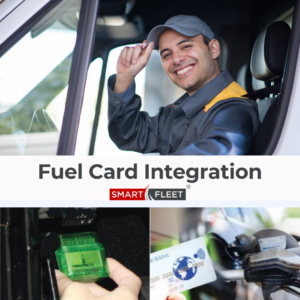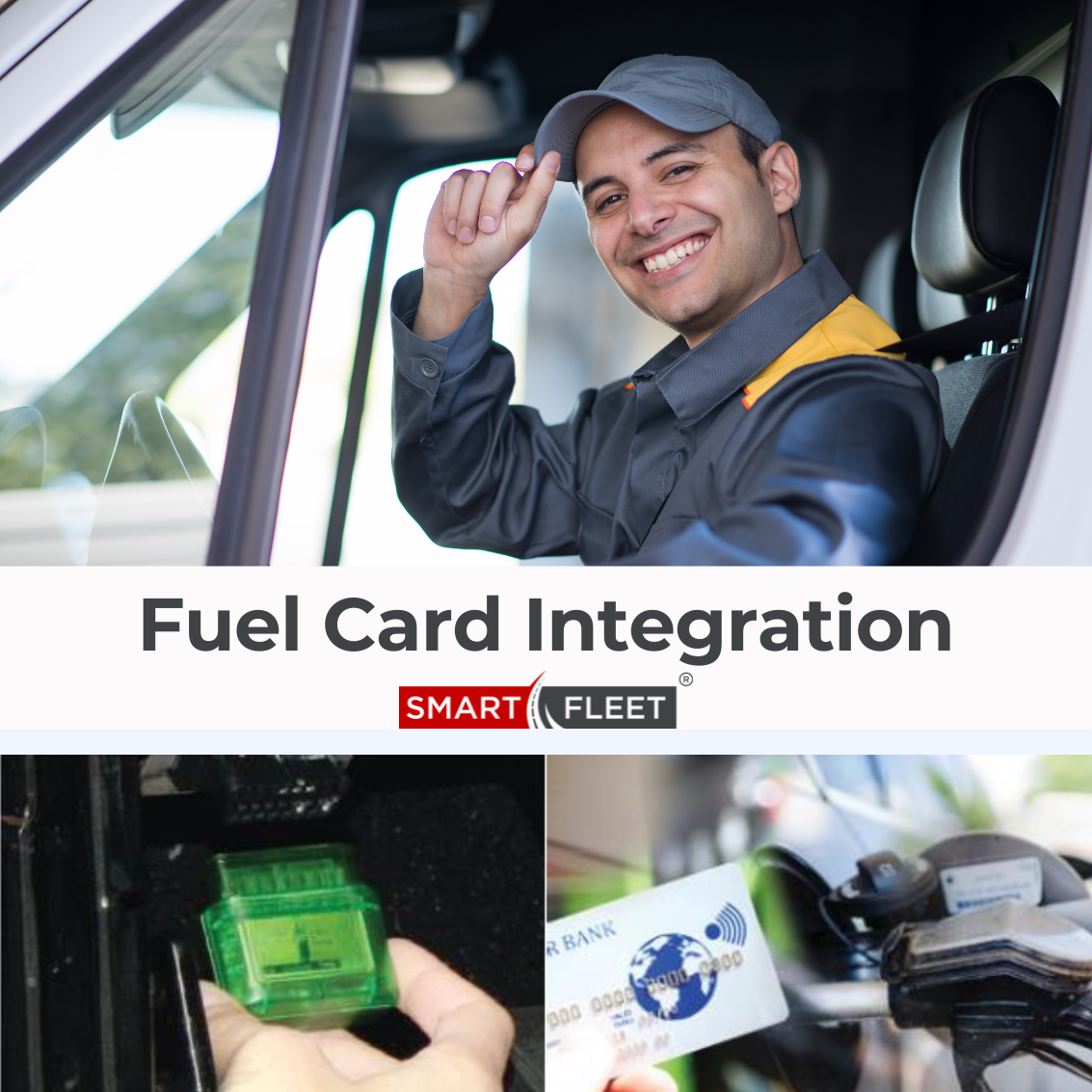In today’s fast-paced and competitive business landscape, efficiency and cost-effectiveness are paramount, especially for companies managing vehicle fleets. Whether it’s a logistics firm, a delivery service, or a transportation company, keeping track of vehicles, drivers, and fuel consumption is critical to maintaining profitability and operational efficiency. This is where the integration of fuel cards with GPS tracking systems comes into play, offering a revolutionary solution for fleet management.
The Role of GPS Tracking in Fleet Management
GPS tracking systems have become indispensable tools for fleet managers. These systems provide real-time data on vehicle location, speed, route, and even driver behavior. By leveraging GPS technology, companies can optimize routes, improve delivery times, reduce fuel consumption, and enhance overall fleet productivity. The data collected from GPS tracking systems helps in making informed decisions, ensuring that the fleet operates smoothly and efficiently.
Fuel Card Integration: Adding a New Dimension to Fleet Management
Fuel cards have long been used by businesses to manage fuel expenses efficiently. They offer numerous benefits, including simplified fuel expense tracking, reduced risk of fraud, and enhanced control over fuel purchases. When these benefits are combined with the capabilities of GPS tracking systems, the result is a comprehensive fleet management solution that addresses multiple operational challenges.
Enhanced Expense Management
One of the most significant advantages of integrating fuel cards with GPS tracking systems is the enhanced control over fuel expenses. Fleet managers can monitor fuel purchases in real time, ensuring that every transaction is legitimate and necessary. The integration allows for automatic recording and categorization of fuel expenses, eliminating the need for manual entry and reducing the chances of errors.
Improved Route Optimization
Fuel card integration with GPS tracking systems provides valuable insights into fuel consumption patterns across different routes. By analyzing this data, fleet managers can identify the most fuel-efficient routes and optimize their operations accordingly. This not only reduces fuel costs but also minimizes wear and tear on vehicles, extending their lifespan and reducing maintenance expenses.
Enhanced Security and Fraud Prevention
Fuel card fraud is a significant concern for fleet managers. Unauthorized fuel purchases and misuse of fuel cards can lead to substantial financial losses. However, with fuel card integration, GPS tracking systems can provide real-time alerts for any suspicious activity. For example, if a fuel purchase is made outside of the authorized area or outside of working hours, the system can immediately flag it for review. This level of control significantly reduces the risk of fraud and ensures that fuel expenses are strictly for business purposes.
Driver Behavior Monitoring
Fuel consumption is not only influenced by the routes taken but also by driving behavior. Aggressive driving, excessive idling, and speeding can all lead to higher fuel consumption. By integrating fuel cards with GPS tracking systems, fleet managers can monitor driver behavior in real time. The system can provide insights into driving habits and offer recommendations for improvement, ultimately leading to more fuel-efficient driving practices.
Streamlined Reporting and Compliance
Managing a fleet involves adhering to various regulations and compliance requirements. Fuel card integration simplifies the reporting process by automatically generating detailed reports on fuel consumption, route efficiency, and driver behavior. These reports can be customized to meet specific compliance requirements, making it easier for fleet managers to stay compliant with industry regulations.
Environmental Impact and Sustainability
In an era where environmental sustainability is increasingly important, reducing fuel consumption has a direct positive impact on a company’s carbon footprint. By optimizing routes and promoting fuel-efficient driving practices, fuel card integration with GPS tracking systems helps companies reduce their environmental impact. This not only benefits the planet but also enhances the company’s reputation as a responsible and eco-friendly business.
 Conclusion
Conclusion
The integration of fuel cards with GPS tracking systems represents a significant advancement in fleet management technology. By combining the strengths of both systems, companies can achieve unprecedented levels of efficiency, cost control, and operational excellence. From enhanced expense management and improved route optimization to enhanced security and streamlined reporting, the benefits of this integration are manifold.
For GPS tracking companies, offering fuel card integration as part of their solution suite can be a game-changer. It provides added value to their clients, helps them stand out in a competitive market, and contributes to the overall success of their customers’ fleet management efforts. As technology continues to evolve, the future of fleet management looks brighter than ever, with fuel card integration leading the way toward a more efficient and sustainable industry.
Book a meeting to learn more about how Fuel Card Integration can save you money.
Check out other recent blog posts!

